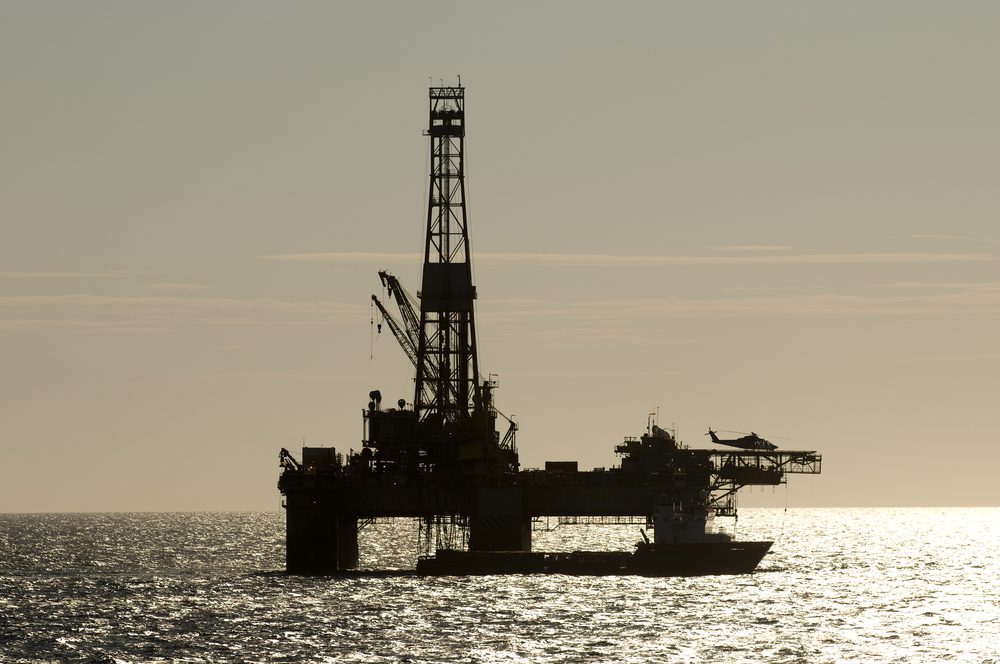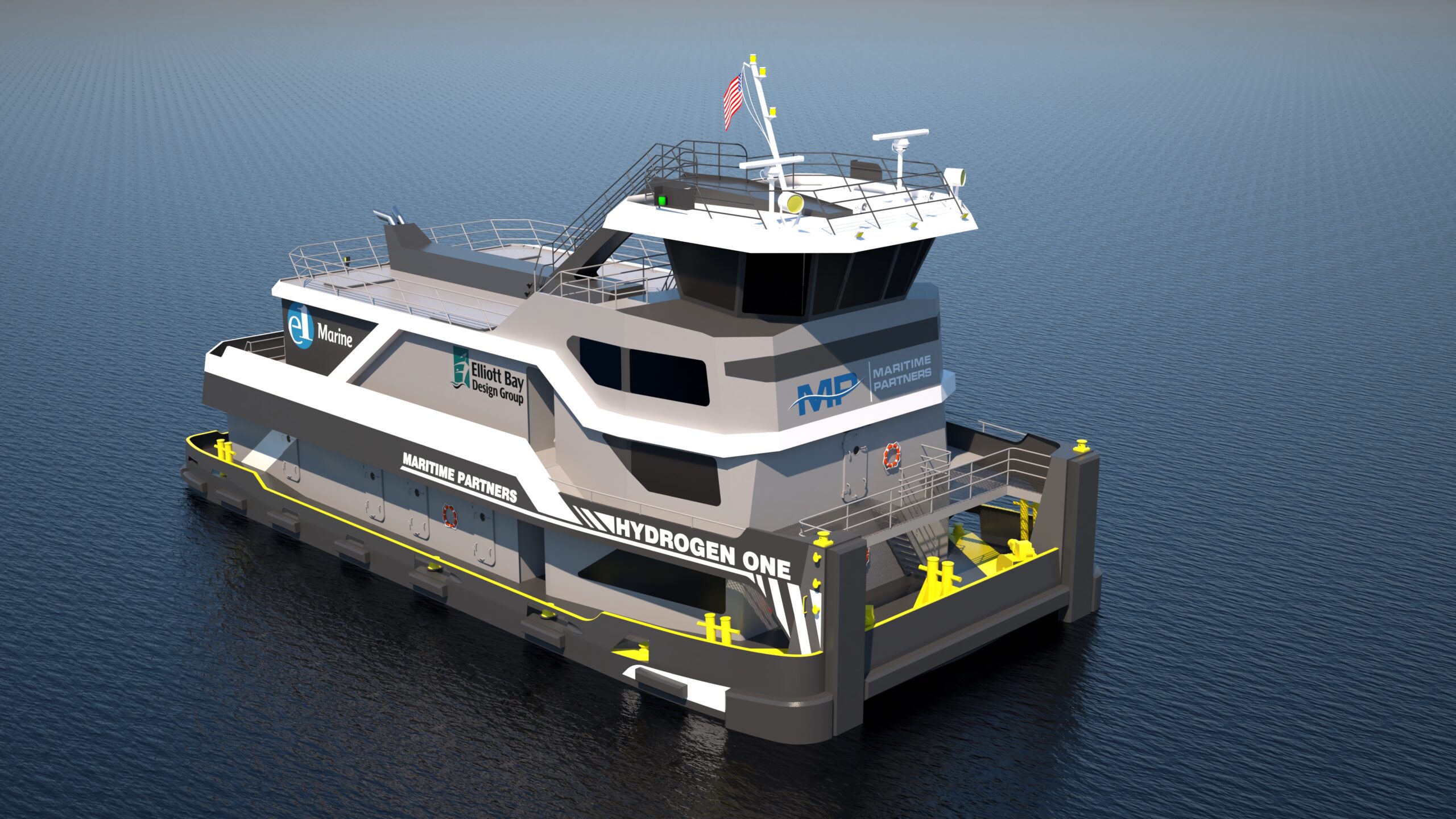By Tom Wilson and Candido Mendes
(Bloomberg) — Angola’s oil minister accused neighboring Democratic Republic of Congo’s government of wrecking an agreement to jointly develop offshore oilfields after it failed to respect the terms of the deal.
Congo failed to honor a January 2015 accord between Angolan state-owned oil company Sonangol and Congo’s Cohydro on crude prospecting in a so-called common-interest zone, Petroleum Minister Maria Botelho de Vasconcelos said April 17 in an interview in Luanda. The collapse is the latest setback in a long-standing disagreement between Congo and Angola over their maritime borders and access to the area’s lucrative offshore oil blocks.
“When we got to implementing the deal, the decisions were not taken forward,” Vasconcelos said. “Many times we reach a certain consensus, but then we hear Congolese officials going back on their word.”
Congo pumps about 25,000 barrels of oil per day and wants to expand output by asserting its rights to Angolan production that it says falls within its own offshore area. It has officially claimed a proportion of the oil pumped from four Angolan blocks since 2003. The two governments signed a cooperation agreement in 2007 to create a common interest zone — a maritime corridor between the two countries in which they would jointly explore for hydrocarbons — but struggled to make further progress.
War Buddies
The breakdown in relations comes at a difficult time for President Joseph Kabila, whom opposition parties accuse of trying to delay presidential elections scheduled for November. Angola supported Kabila’s father, Laurent-Desire, when he seized power in 1997 and Congo has remained dependent on political and security support from Angola since then, a factor that has always complicated the oil negotiations.
In 2013, former Oil Minister Crispin Atama said the two countries would begin talks on a production-sharing agreement for the common-interest zone and could start production from the shared block within 36 months. Details of the resulting 2015 commercial agreement with Sonangol were never made public in Congo, despite a May 2011 decree by Congo’s government requiring that contracts for any cession, sale, or rental of the state’s natural resources be published within 60 days of execution.
Angola’s oil minister said they had established a “clearly defined joint development corridor that was accepted by all parties.”
Congolese Oil Minister Aime Ngoy Mukena was not available when Bloomberg made four requests to his office for comment.
UN Ruling
Angola will now await a ruling from the United Nations on its December 2013 request to recognize the extension of its sovereign rights beyond the 200 nautical-mile (370-kilometer) limit currently recorded as its exclusive economic zone, before deciding what to do next, Vasconcelos said. The country is open to further negotiations, he said.
Congo has already opposed Angola’s request in two letters to the UN in April 2014 and September 2015, documents on the website of the UN Commission on the Limits of the Continental Shelf show. In the letters, Congo said Angola was “unilaterally ignoring” its rights to exercise control over its own territorial sea and called on the UN to prohibit consideration of Angola’s submission until the two countries settled their border dispute.
Chevron Corp., which has a 31 percent interest in a production-sharing contract for block 14, part of which is within the proposed common zone, didn’t respond to an e-mailed request for comment. Exxon Mobil Corp., BP Plc, Statoil ASA and ENI SpA also have stakes in the blocks that are part claimed by Congo, according to charts on Sonangol’s website.
Angola, which vies with Nigeria to be Africa’s biggest oil producer, produced an average of 1.8 million barrels per day in March, according to OPEC.
© 2016 Bloomberg L.P

 Join The Club
Join The Club











